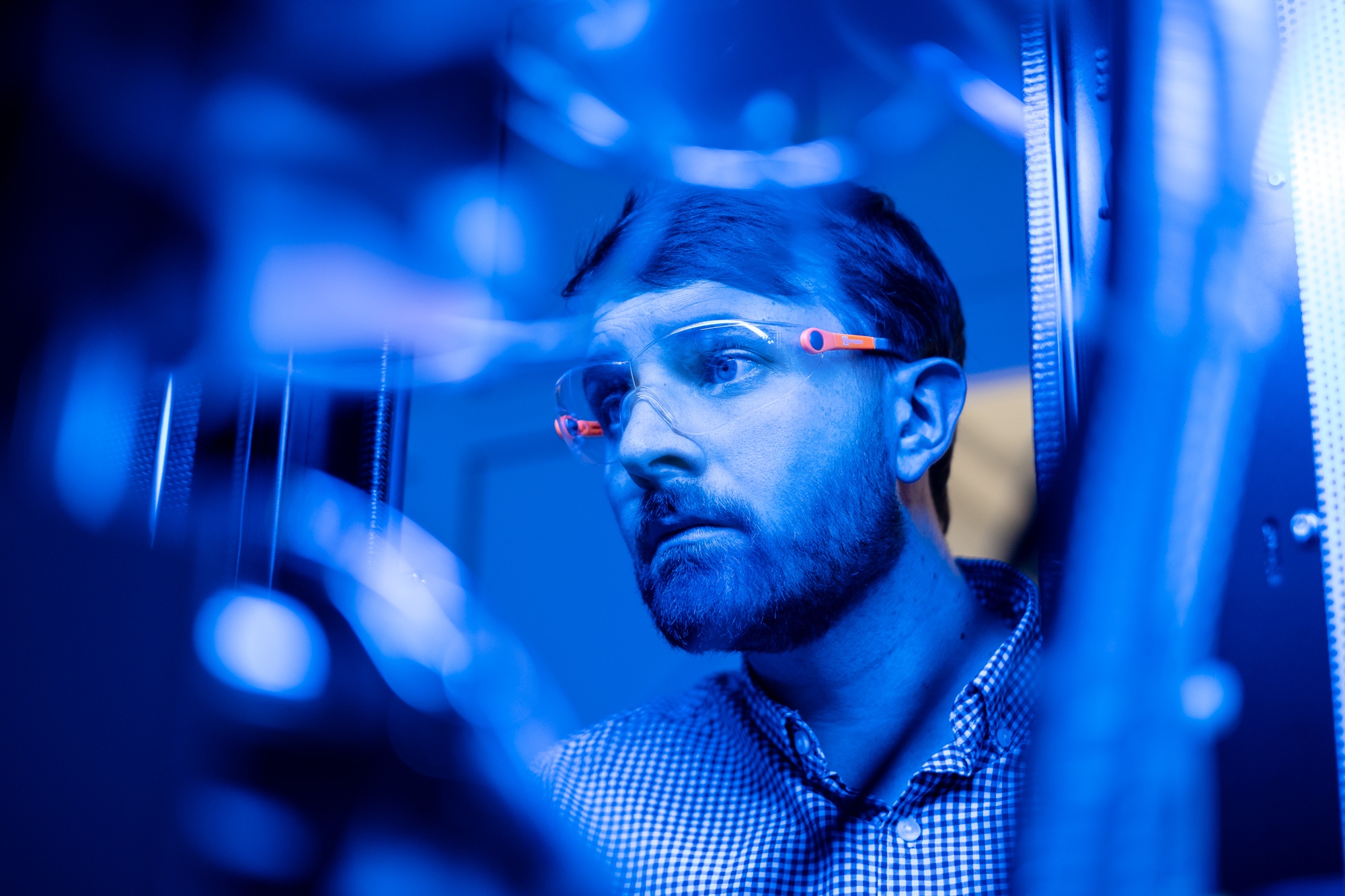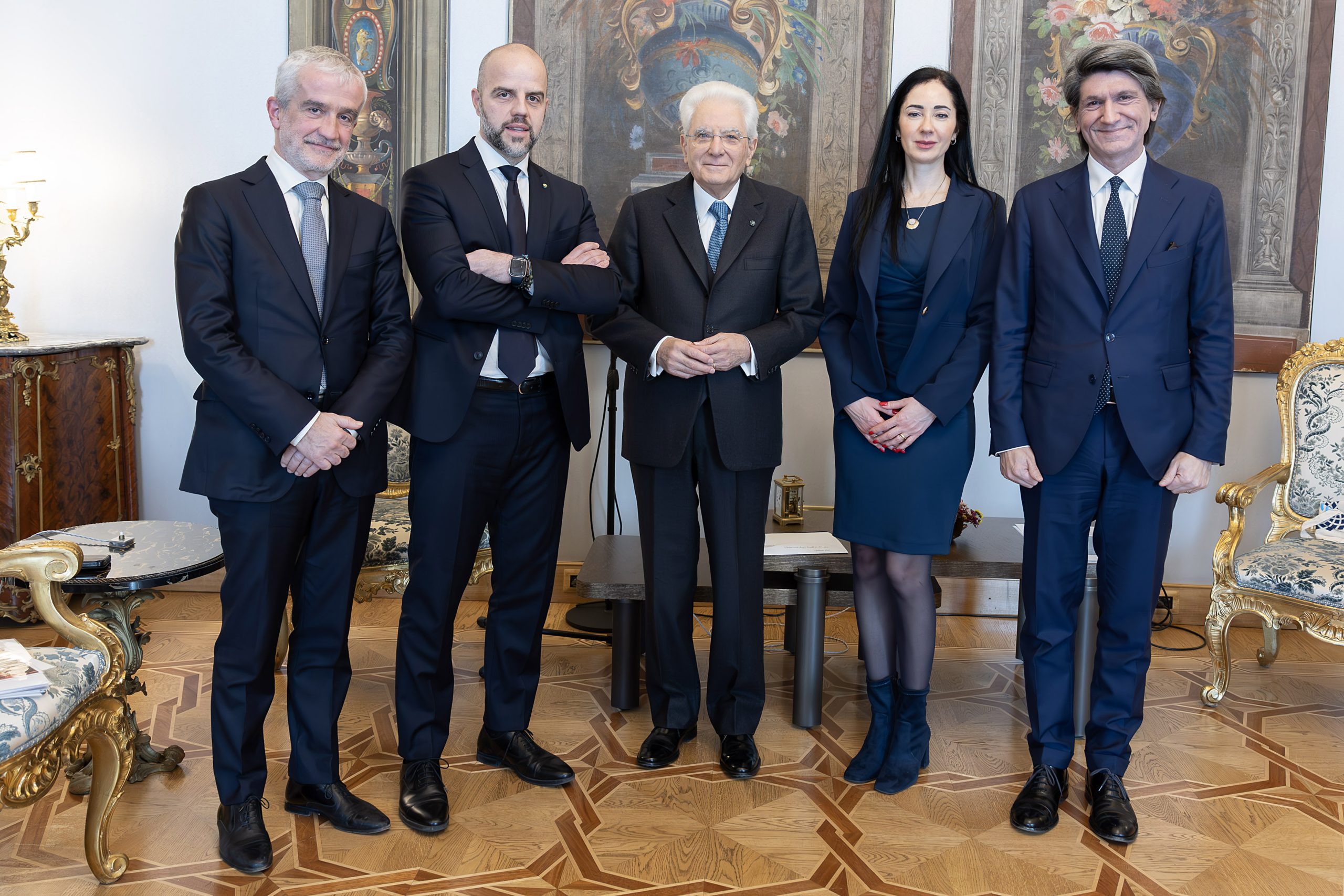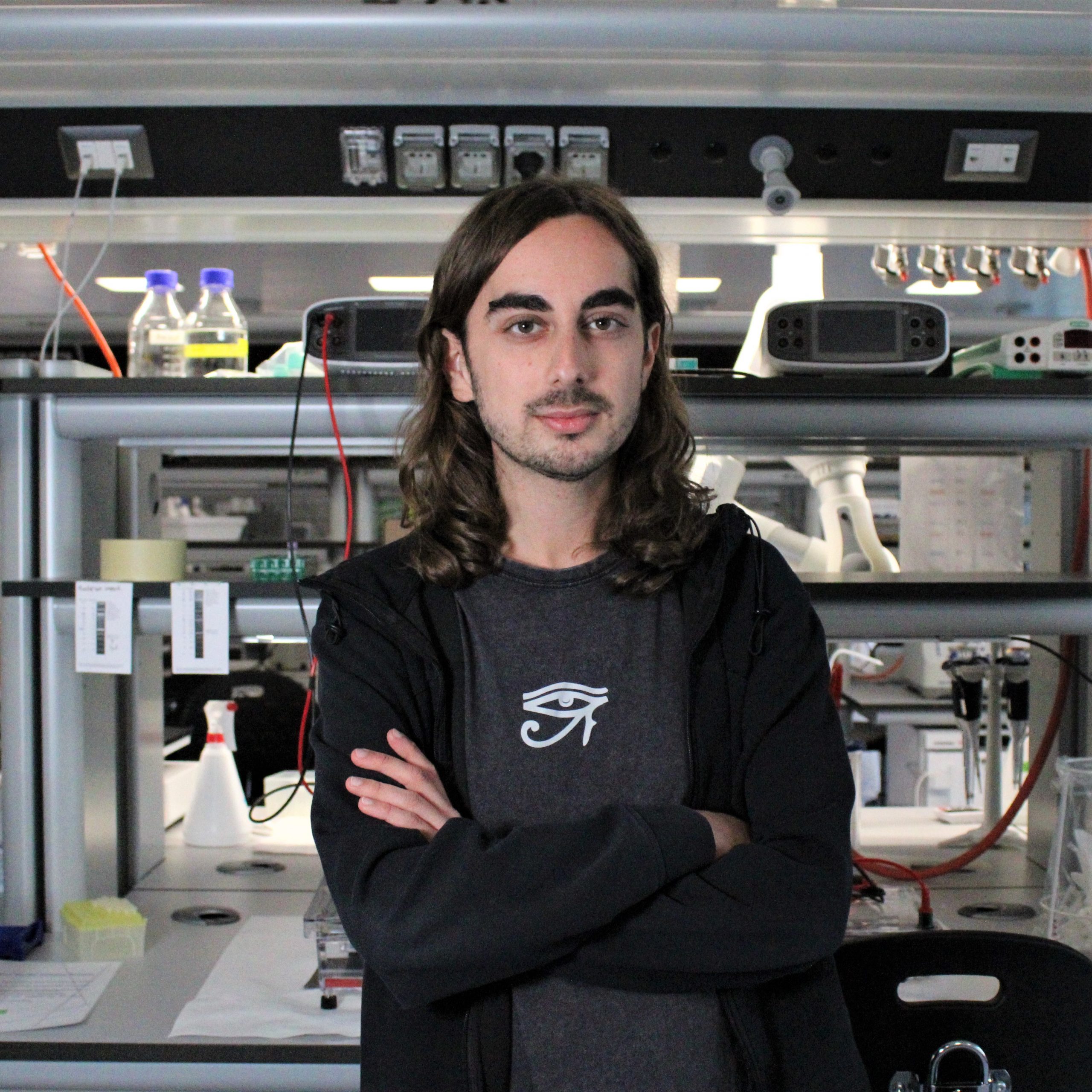Advancing Precision Immunotherapy for Paediatric Leukaemia with Alice Giustacchini and her Group
Meet Alice Giustacchini, Research Group Leader in Population and Medical Genomics. Her project, titled “Tailoring Precision Immunotherapy to Paediatric Acute Myeloid Leukaemia,” aims to study the cellular and molecular dynamics of CAR-T cell therapy in blood cancers.
Human Technopole’s National Facilities: new Call for Access now Open
The new call for Access to the National Facilities services is now open! The Human Technopole’s National Facilities continue to expand their support for cutting-edge research by launching the first Call for Access of 2025. Building on the success of the 24-PILOT call, to which over 120 projects have applied, this new opportunity allows researchers to benefit from state-of-the-art technologies and expertise.
Childhood Cancer: Free DNA in Blood Reveals Therapy Resistance
An international study coordinated by Milan’s Human Technopole, the Institute of Cancer Research (ICR) in London, and the Royal Marsden Hospital in London has shown that certain DNA fragments found in the blood of paediatric cancer patients can be used as “biomarkers” to obtain information on the characteristics of the disease and its ability to resist therapies. Analysing these fragments could represent an effective alternative to tumour tissue biopsy, a practice that is particularly difficult in children.
Human Technopole at the Quirinale: Advancing Innovation with MIND
Human Technopole is honoured to have participated in today’s meeting at the Quirinale, where President of the Republic Sergio Mattarella welcomed a delegation from MIND on the occasion of the tenth anniversary of the universal exposition Milano EXPO 2015.
Exploring Nuclear Proteomics with the PRUNE Project
Meet Carlos Jimenez, Postdoc in the Bienko Group (Genomics), who has been awarded a prestigious Marie Skłodowska-Curie Actions Postdoctoral Fellowship from the European Union. The grant, totalling €172,750.08 and covering a two-year period, will support his groundbreaking project PRUNE – Uncovering the Proteomic Radial Organisation within the Eukaryotic Nucleus – to study how the spatial arrangement of nuclear proteins contributes to optimal cell functioning.




